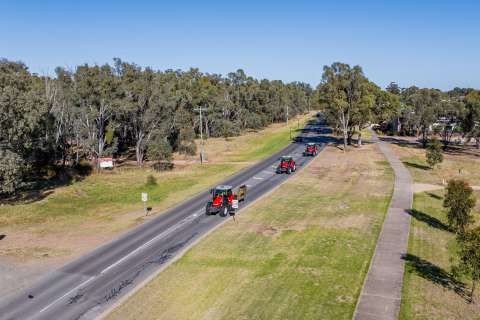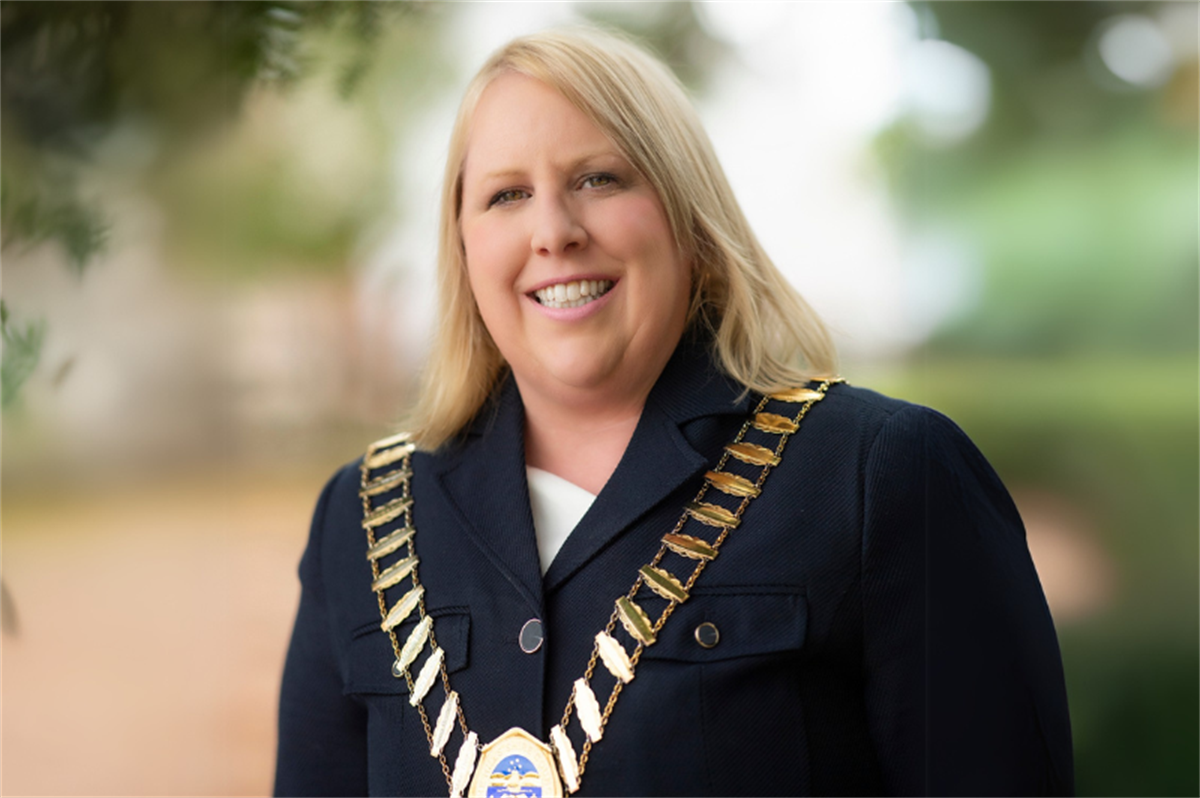
New figures revealing a 10.4 per cent increase in road deaths over the year to 31 May 2024 highlight the urgent need for politicians to deploy road trauma data to inform more effective policy responses.
Bureau of Infrastructure and Transport Research Economic figures show 1,303 people died on Australian roads in the year to 31 May – up from 1,180 a year earlier.
The latest 12-month figures include huge fatality surges in NSW (32.9%) and the Northern Territory (72.4%), as well as increases in Victoria (5.1%), Queensland (5.1%), and South Australia (2.1%).

AAA Managing Director Michael Bradley said the figures showed why federal and state transport ministers must agree to data transparency reforms as part of their next five-year road funding deal, due to be finalized within days.
“The best way to understand what is going wrong on our roads is to look at data about the causes of crashes, the state of our roads and the effectiveness of police traffic enforcement” Mr Bradley said.
“State and territory governments hold this data but keep it secret. At a time when current policies are failing and more than 100 people are dying on the roads each month, the secrecy must end.”
Mr Bradley said that to her credit, Federal Transport Minister Catherine King had called on states and territories to agree to release this data as part of the next federation funding agreement, which is due to take effect from July 1.
“That’s less than a fortnight away,” Mr Bradley said. “The window of opportunity is about to close on what would be the most important road safety reform in decades. States and territories must accept that now is the time to let data save lives.”
Mr Bradley said data-sharing would reveal which state’s road safety measures were the most effective so they could be shared.
“It would also demonstrate whether politicians are spending our taxes to make our roads safer or to win votes in marginal electorates.
“It would clip the wings of the pork barrel brigade and ensure scarce public funding is spent where it can have the greatest effect.”
The AAA says the reform would also allow Minister King to deliver on her 2022 pre-election promise to “extract better quality data from states and territories in return for funding of road projects.”
Last October the AAA launched its Data Saves Lives campaign, calling on states to end data secrecy. The campaign was backed by the nation’s motoring clubs and 18 national organisations representing motorists, motorcyclists, truckers, pedestrians, doctors, insurers, road engineers and safety advocates. Thousands of Australians engaged with the campaign, persuading Commonwealth MPs from all political parties, as well as Independents, to back data transparency.
The Queensland Government has agreed to share data with the Commonwealth and there have been encouraging signs from some other states, however no formal agreement has yet been announced.
Mr Bradley said: “Actions matter, and in the next fortnight, states and territories must recognise Australia is facing a road safety crisis and the data they hold is needed if Australia is to develop an evidence-based solution”.







